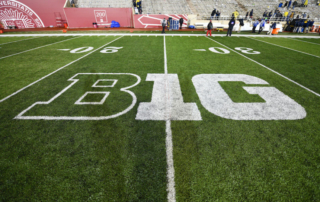Student Files Class Action Lawsuit to Recover In-Person Tuition and Fees During Covid-19 Pandemic
In May 2020, Plaintiff Keller J. Mellowitz, a student at Ball State University in Muncie, Indiana, filed a class-action complaint against the University for breach of contract and unjust enrichment. The student contended that the university failed to reimburse students for on-campus college activities interrupted by the COVID-19 pandemic during the Spring of 2020. The class action seeks to recover the cost of in-person tuition and other fees for a proposed class of approximately twenty-thousand affected students.
Initially, the suit was derailed because of a 2021 Indiana law retroactively prohibiting class-action lawsuits against state universities over COVID-19 […]












